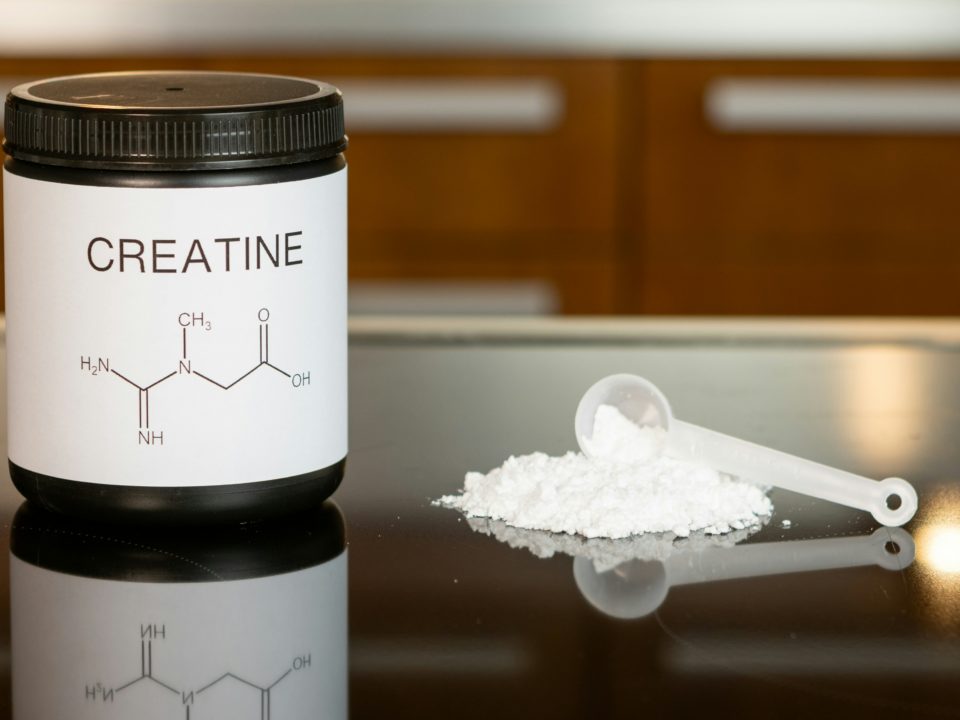
What causes migraine aura and how to detect its symptoms?
December 14, 2023
10 Signs you’re suffering a migraine
May 14, 2024At Melbourne Headache + Concussion Group, we prioritise athlete safety. That’s why we offer a preseason baseline concussion test. We do this to evaluate an athlete’s balance, brain function, and the presence of any pre existing concussion symptoms.
Firstly, What’s Included in a Baseline Concussion Test?
- Balance Assessment: Our baseline test includes evaluating an athlete’s ability to maintain balance using Sway Medical Tech
- Cognitive Function Evaluation: We assess an athlete’s attention, concentration, learning, and memory skills using the Sports Concussion Assessment Tool – 6 (SCAT6).
- Eye Function Testing: Our objective eye testing, including oculomotor testing and eye movement tracking, helps determine any issues related to eye function.
- Comprehensive Case History: We gather detailed information about any previous head and neck injuries to understand an athlete’s full medical background.
Secondly, How Baseline Testing Helps in Concussion Management
Using Baseline Results for Comparison
Baseline tests results play a crucial role when a concussion is suspected in an athlete. By comparing post-injury test outcomes with baseline results, our healthcare experts can better recognise the impact of the injury. This enables us to make well-informed decisions regarding an athlete’s return to school and sports activities.
In healthcare, it’s common for practitioners to rely on symptom resolution, or a SCAT6 test to assess an athlete’s readiness to return to play. However, it’s important to note that a SCAT6 primarily consists of memory and orientation questions and, when used in isolation, may not provide sufficient insight to safely clear athletes for sport participation.
Regrettably, formal concussion training is not currently incorporated into the curriculum of any university in Australia for healthcare or medical students. As a result, the concept of baseline concussion testing in Australia remains relatively underutilized within the medical community.
Beyond Symptom-Free Recovery
Relying solely on symptoms to gauge recovery is not advisable. Even if an athlete is symptom-free after a concussion, it does not guarantee full recuperation. Post-injury testing provides valuable insights into functional recovery, allowing us to have greater confidence in determining when it’s safe for an athlete to return to sports participation.
A Baseline concussion test at Melbourne Headache + Concussion Group is an essential step in ensuring the safety of athletes. By assessing balance, cognitive function, eye function, and previous injury history, we gather valuable information for comparison in case of a suspected concussion. Our comprehensive approach helps us make informed decisions regarding an athlete’s return to school and sports activities, prioritising their well-being and long-term health and giving them the best concussion treatment possible.

